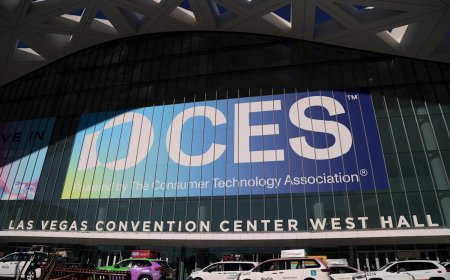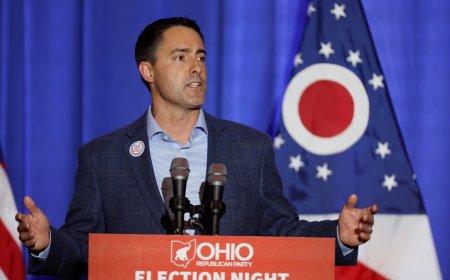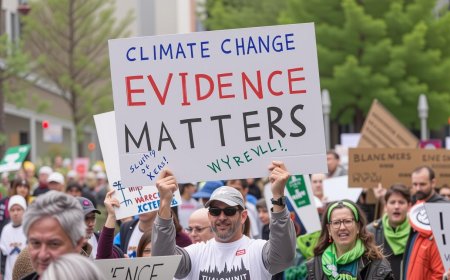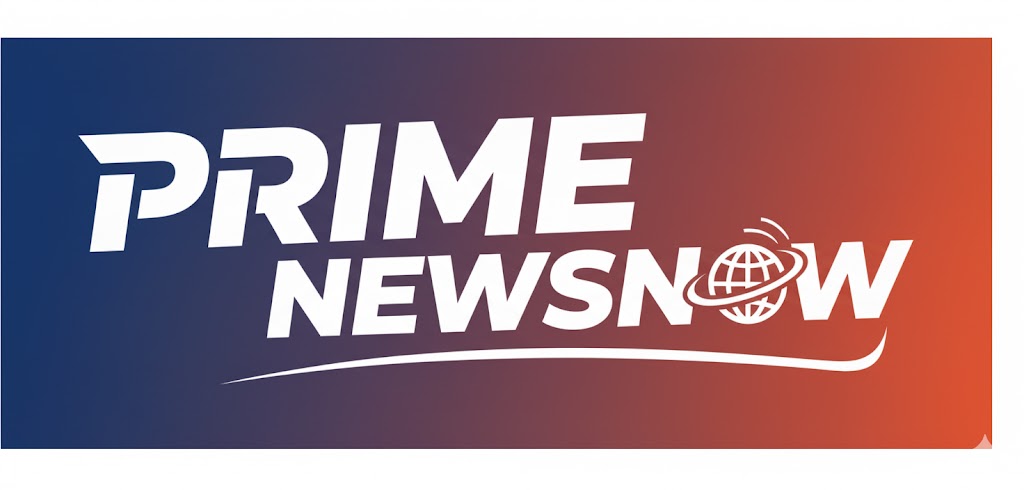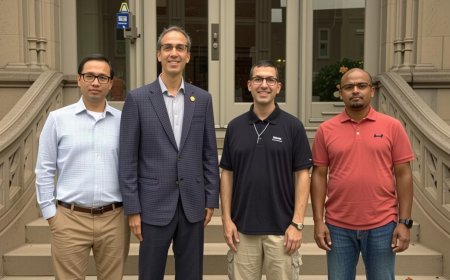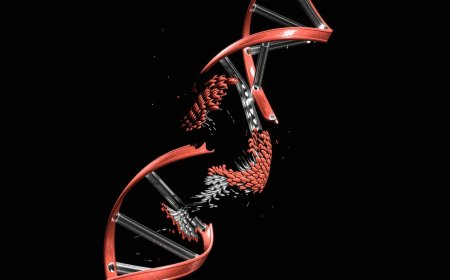Trump’s Rapid Rollback of Scientific Safeguards: A New Era of Change | PRIMENEWSNOW
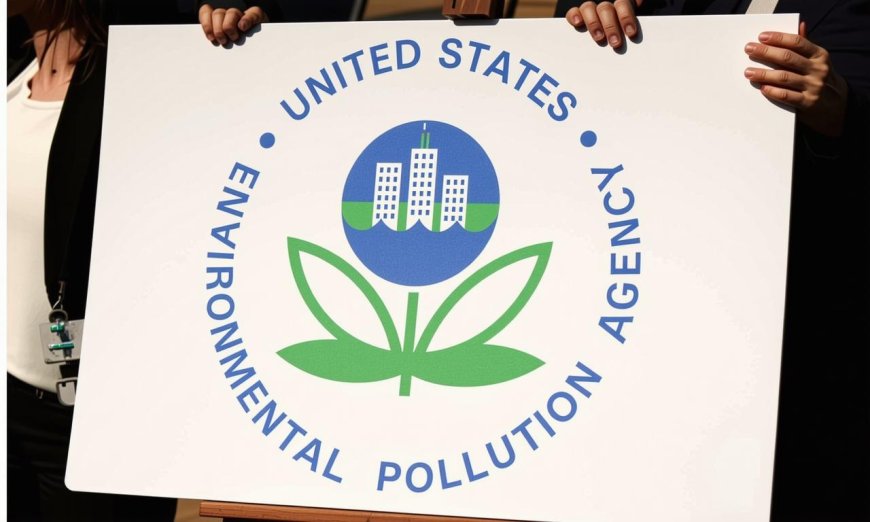
EPA’s Scientific Integrity Policy Disappears: A Troubling Shift
In a surprising move, the Environmental Protection Agency (EPA) has removed its newly adopted scientific integrity policy from its website. This decision marks a significant setback with potential long-term impacts on the scientific community.
Challenges Facing American Science
The elimination of the 2025 policy occurs amidst a turbulent period for American science, characterized by funding reductions, widespread layoffs, and increasing censorship. The policy, updated earlier this year, was crucial in safeguarding scientific work from political interference. Its removal coincides with efforts by the Trump administration to redefine scientific processes and roll back protections.
Key Features of the 2025 Policy
The 2025 EPA policy was more than a mere update of the 2012 version. It incorporated elements from the 2023 Federal Framework for Scientific Integrity, including:
- A unified federal definition of scientific integrity
- Provisions ensuring scientists can publicly communicate their findings
- A process for EPA staff to express differing scientific views
- An emphasis on using science and evidence to guide policy decisions
This policy was developed through extensive public engagement, including feedback from various stakeholders, which is becoming increasingly rare under the current administration.
Political Influence and New Guidelines
In May, President Trump issued an executive order aimed at reshaping science under the guise of “transparency” and “peer review,” while appointing political figures to oversee scientific integrity. The new guidelines from the White House Office of Science and Technology Policy allow federal agencies to rescind scientific integrity policies established after January 2021, raising concerns about the independence of science in policy-making.
The Importance of Scientific Integrity
At Evidence for Democracy, our recent review of scientific integrity in the U.S. highlights several alarming trends.
1. Diminishing Protections for Scientists
Recent policy changes, particularly the “Gold Standard” executive order, have accelerated the erosion of protections for federal scientists. Political appointees now have the authority to override peer-reviewed research and dismiss whistleblower protections, undermining the original intent of scientific integrity policies.
2. Decline in Transparency
Transparency in scientific practices is waning. The “Gold Standard” order uses terms like “reproducibility” to exclude research lacking perfect transparency, often targeting climate science. The removal of public datasets further restricts access to critical information, hindering public scrutiny and accountability.
3. Uncertain Accountability Processes
Federal scientific accountability systems have been compromised by political interference. The “Gold Standard” order allows political appointees to label inconvenient research as “misconduct,” weakening enforcement and oversight of scientific integrity.
4. Symbolic and Structural Loss
The cumulative effect of these measures is a significant loss for scientific integrity in the U.S. Attacks on science and suppression of research findings indicate a shift towards aligning science with political agendas, eroding scientists’ independence.
Taking Action
Scientific integrity is under threat. It’s crucial to mobilize efforts to protect it. Advocate for the passage of the Scientific Integrity Act, participate in campaigns, and understand your rights. By defending scientific integrity, we can ensure a future built on trust, accountability, and robust scientific foundations.
What's Your Reaction?
 Like
0
Like
0
 Dislike
0
Dislike
0
 Love
0
Love
0
 Funny
0
Funny
0
 Angry
0
Angry
0
 Sad
0
Sad
0
 Wow
0
Wow
0










